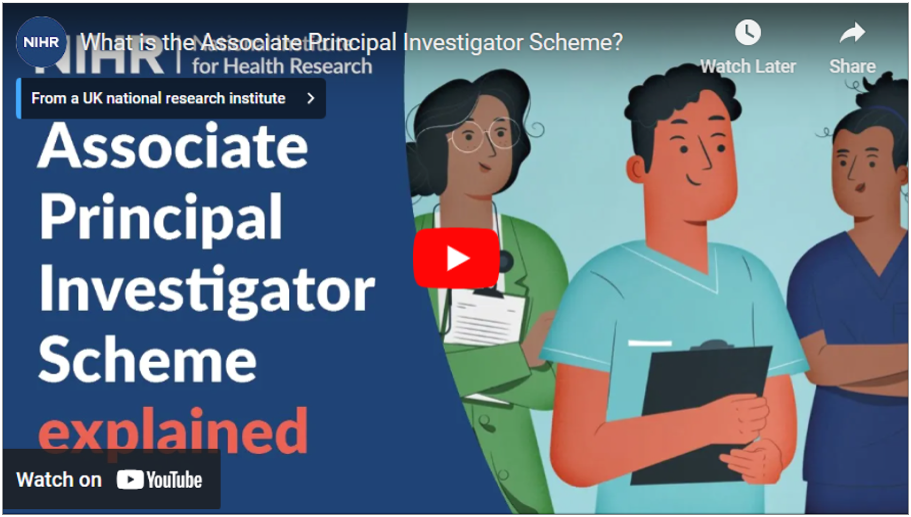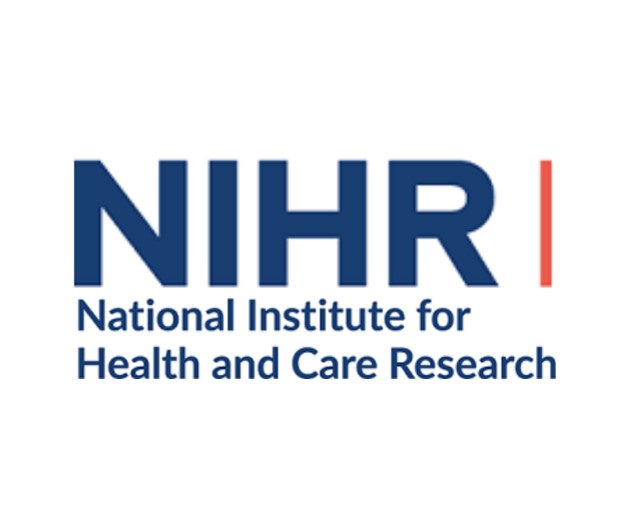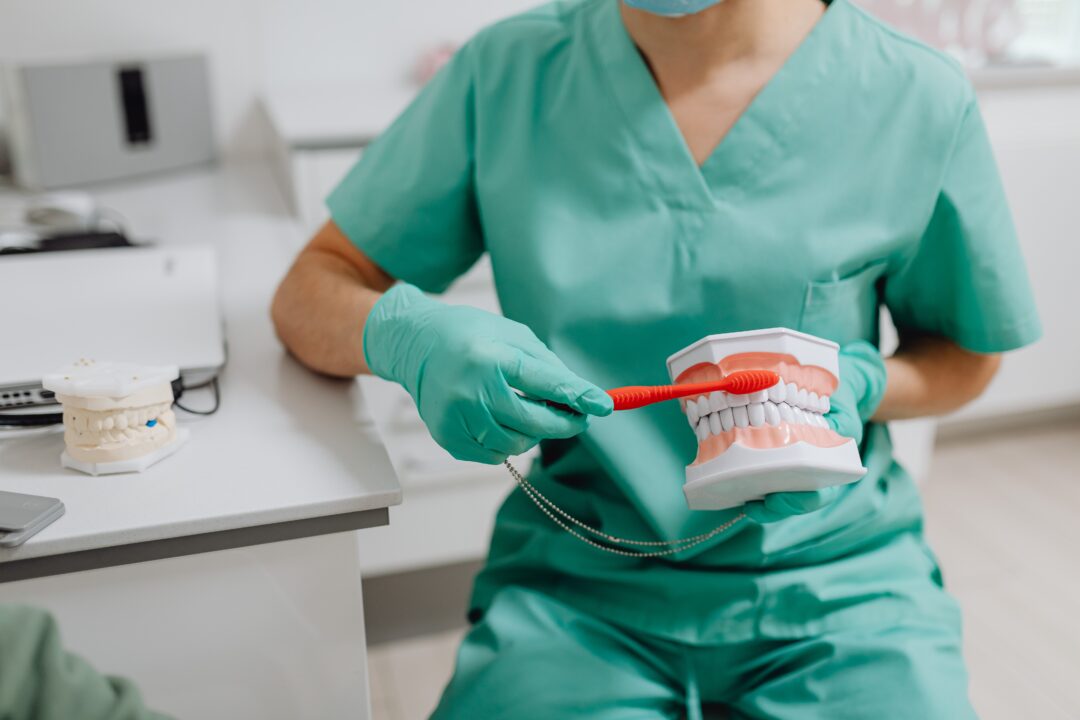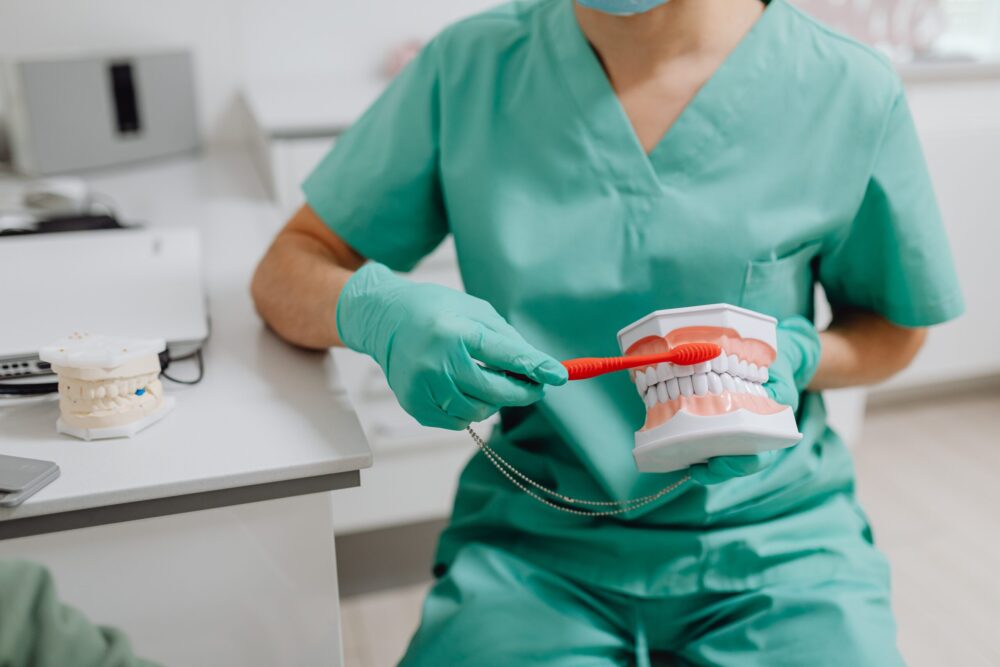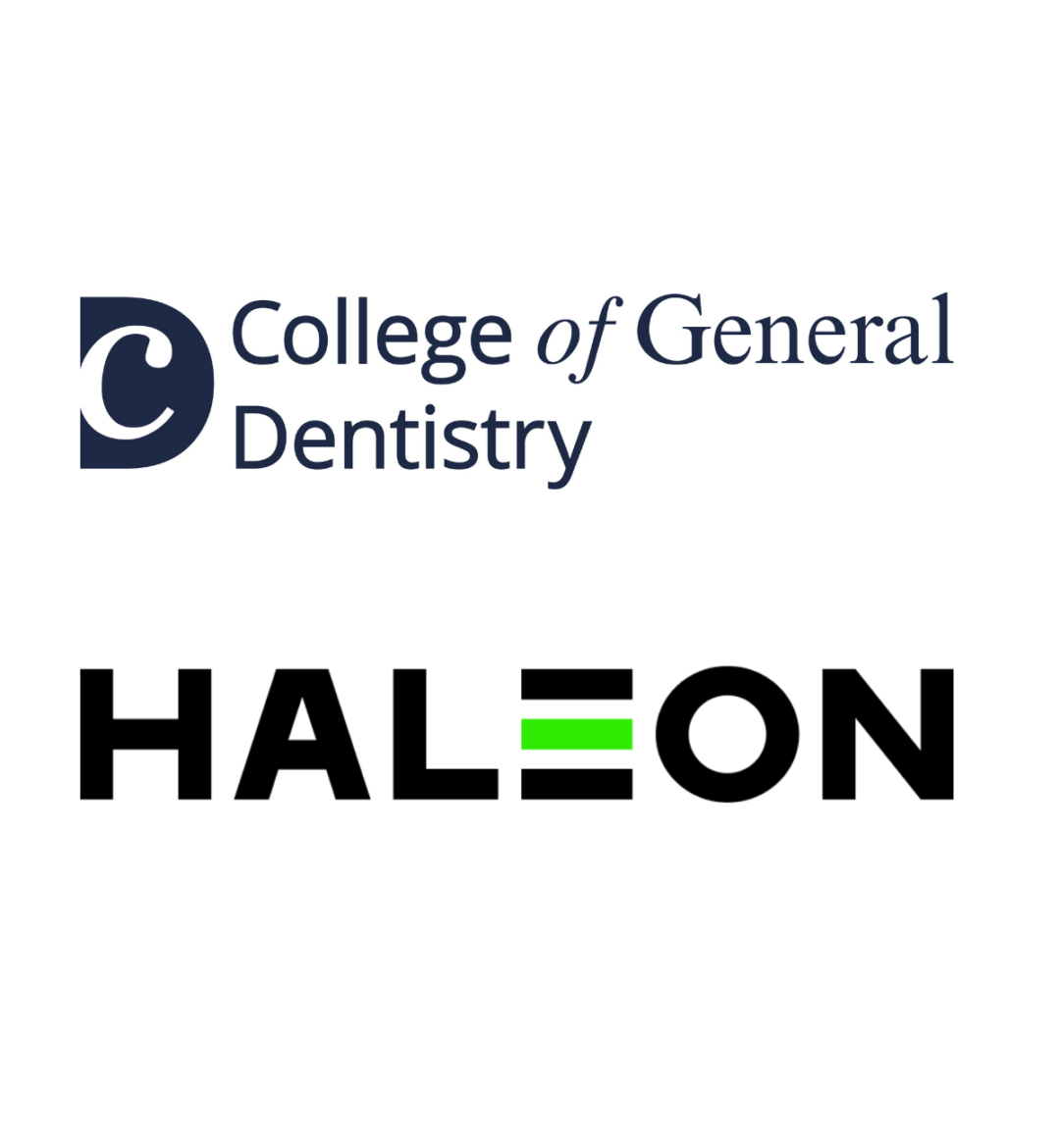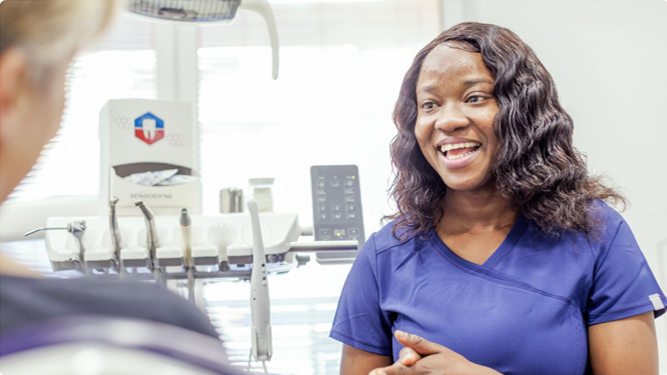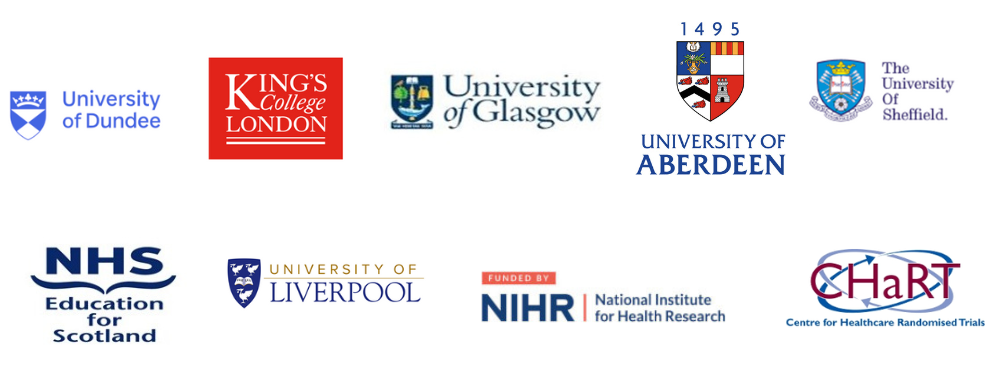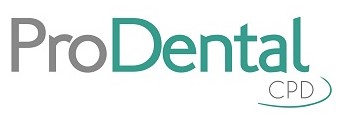The College has endorsed a scheme offering dental professionals certified training and experience in research.
The National Institute for Health and Care Research (NIHR) Associate Principal Investigator Scheme is aimed at UK health and care professionals who would not normally have the opportunity to take part in clinical research in their day to day role, but who are interested in learning about it and willing to make a significant contribution to the conduct and delivery of a study for at least six months.
Participating practitioners work alongside the Principal Investigator (PI) of a relevant NIHR Portfolio study being carried out locally, at the same site, typically for 2-3 hours per week. Mentored by the PI, they also complete a checklist of study activities and an online learning pathway, and on successful completion of the scheme are issued a certificate confirming NIHR Associate Principal Investigator status.
Endorsement by the College has allowed the scheme to open to NIHR Portfolio studies in the institute’s Oral and Dental Specialty, and certificates issued to successful trainees will be endorsed by the College.
An introductory video is above, and details of how to become a trainee, or how to register a study for the scheme, can be found on the NIHR Associate PI Scheme website

